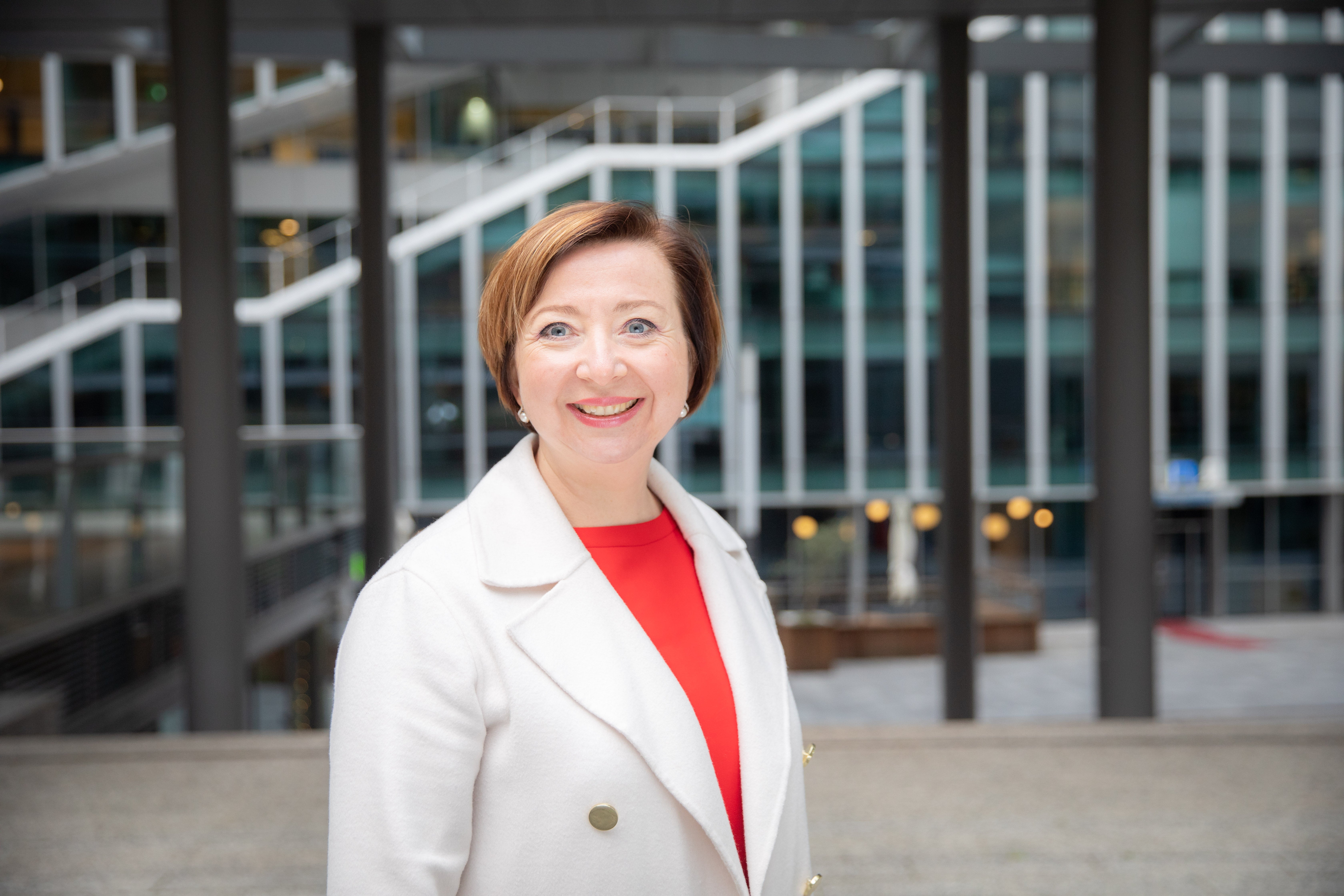Why did you choose to take the NT2 tutorial?
Although I already speak Dutch quite well and have lived here more than half my life, I would still get anxious sometimes if I needed to speak Dutch in a formal setting. I also rarely do any writing in Dutch, and therefore found it difficult to send emails or text messages.
What are the most important things you learned?
Following an oral and written intake process, a diagnostic test and an in-depth interview with the teacher about my goals, a lesson schedule was drawn up. We mainly practised with the structure of sentences and worked on expanding my passive and active vocabulary. I enjoyed talking about how language is constructed. That wasn't something I'd learned before. During the lessons, I would receive an immediate response to my questions, and I was corrected in a way I found pleasant. The method of providing feedback suited my needs. The relationship between the teacher and me was good, like we were equals. I feel a lot more confident when speaking now.
How did you apply what you learned in practice?
I used to always speak English if the setting was formal. That was just easier for me. I now consciously choose to speak Dutch. This has been received very positively by the people I've talked to.
How has the tutorial affected your job?
As a professor at the Vrije Universiteit, it's very useful to have a strong command of both Dutch and English. Even so, the Tutorial had a personal effect rather than a civil effect. It has given me further insight into the social themes that are discussed with people learning a second language, and I also got direct feedback from the teacher, which I now no longer receive in day-to-day life. It was a great learning opportunity for me.
Would you recommend a tutorial to others and why?
This learning track is great, and I'm very satisfied with it. The teacher did a great job. He was very helpful and critical. I also liked that the track was tailored to me personally. The learning materials were selected after we discussed what my goals were. It was fun, clear, interesting and scientific. If you have personal learning objectives, it's very effective, and it also provides a safe place to focus on personal development objectives related to language.
Do you have any tips for future participants?
You'll get the most out of the course if, in addition to the lessons, you also put into practice what you've learned. If you opt for a tutorial, make sure you can put in plenty of time to work on improving your language skills.
